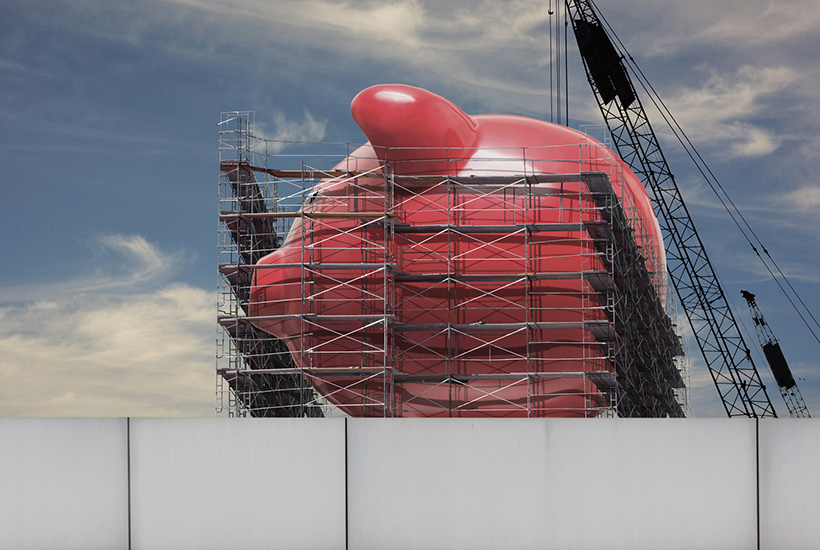Property pay packets power ahead

Pay rises in the property industry are outstripping other sectors, with junior staff enjoying the best gains and companies moving to quarterly salary reviews to protect their best employees from poachers.
The moves to win the war for talent come as employers in the industry are facing shortages of competent staff with desirable skills and attitudes, according to the Avdiev Property Industry Remuneration Report for March.
Handsome pay rises were enjoyed by property development analysts, with a median increase of 4.7% over the year to February, to a national average of $112,000.
Commercial Insights: Subscribe to receive the latest news and updates
Assistant project managers working for design and building consultancies also had a 4.7%, to $77,000.
The increases are well above national wage growth figures of 1.8 per cent and inflation of 1.9%.
“The young are the future of the industry,” Avdiev Group managing director Rita Avdiev says.
“Recognised and rewarded at last, they are pushing the boundaries, bypassing old hierarchies and may bring some much needed change into attitudes and working relationships of the 21st century.”
The report found some employers had introduced quarterly salary reviews in a bid to reward their best staff and keep them from being poached.
A range of positions reported healthy pay rises, including assistant contract administrators in the building, design and construction sector, who saw a median 3.5% pay increase to $81,000.
Assistant village managers working in retirement living and aged care had a 3.3% increase to $68,000.
Pay increases of 3% were recorded for analysts working in property investment, funds and trusts management (to an average $108,000); assistant marketing managers in retail management (to an average $77,000); and financial analysts in finance corporate and IT (to an average $106,000).
Respondents say their project and investment pipelines are looking healthy for the next two years, with the commercial sector to provide most work while retail assets will probably be upgraded due to competitive pressures.
This article originally appeared on www.theaustralian.com.au/property.







